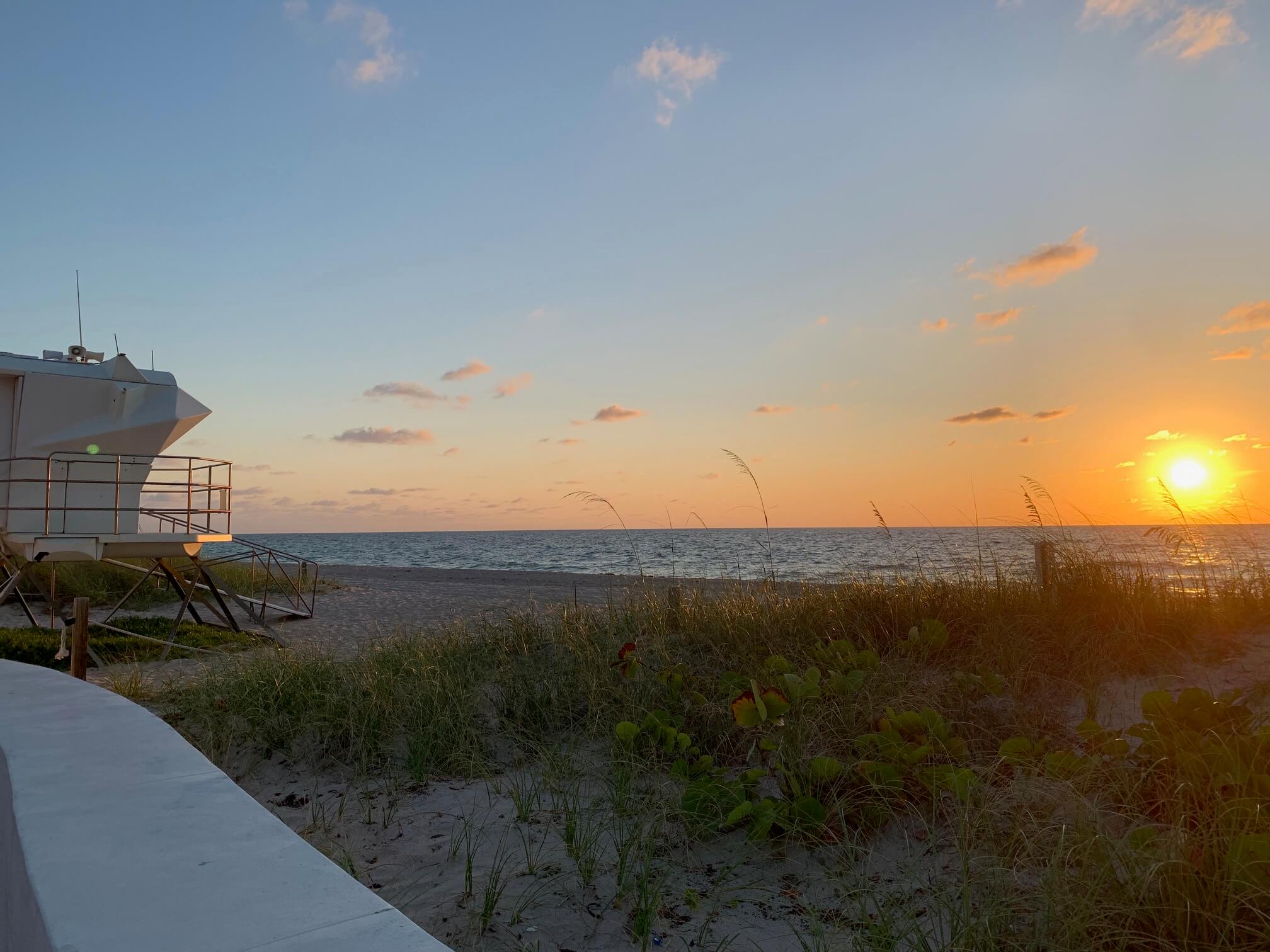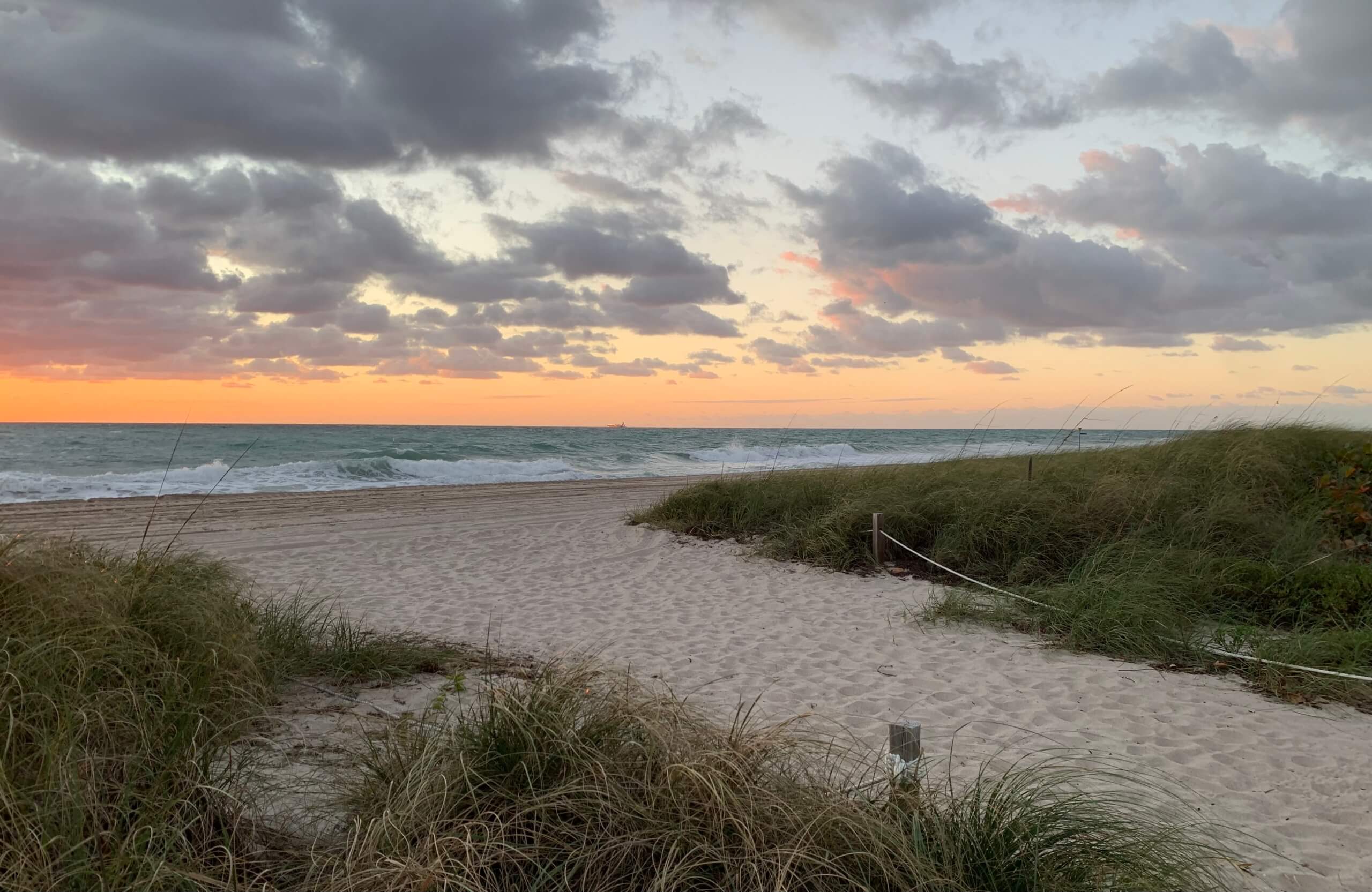Tax Considerations For Cash Buyers

Buying a home with cash seems like it is straightforward. You can save money and time with lower closing costs, no financing contingencies or required appraisals. However, there are some elements that may be less obvious like property taxes, tax deductions and reporting. Here is a closer look at some of the details.
What Tax Breaks Do Homeowners Get?
Generally speaking homeowners can take advantage of deductions on their taxes. These include property taxes, mortgage interest, mortgage insurance premiums (PMI) and mortgage points. These items are tax deductions – meaning you can deduct them from your total taxable income. Of course some of these need not apply should you be paying cash.
Does It Make Sense To Buy With Cash?
Here is where it all depends on everyone’s situation. For one, recent tax changes that now offer one to take a standard deduction may not necessarily make much of a difference as it may be best just to take the standard deduction. The other thing to consider is the cost to finance. Calculate how much it will cost to borrow the money to finance the home over the 15 or 30 years that you carry the mortgage for. While you may lose these tax benefits it may be better or cheaper to pay cash.
Do You Need To Report a Purchase to the IRS?
You just might. The IRS does have a form “8300” that depending on where you are buying a home the IRS may be looking for this form to be completed. While wire and bank transfers are the norm for cash transactions and have their mechanisms in place for reporting, check with your accountant and title agent should you need to do this.
How Do You Pay Property Taxes?
Prior to your closing the title agent will look up the taxes that have been paid and the effective dates which will then determine what is owed by the buyer and seller. These figures will be on the closing document, but really have no difference whether paying cash or financing. What does in fact differ is the fashion in which you pay your taxes going forward. For those with a mortgage your taxes will be collected in a prorated amount each month by the lender. Your lender pays them in full when they are due. If you pay cash for your home then you pay your property taxes just like you pay any other bill when it is due.






